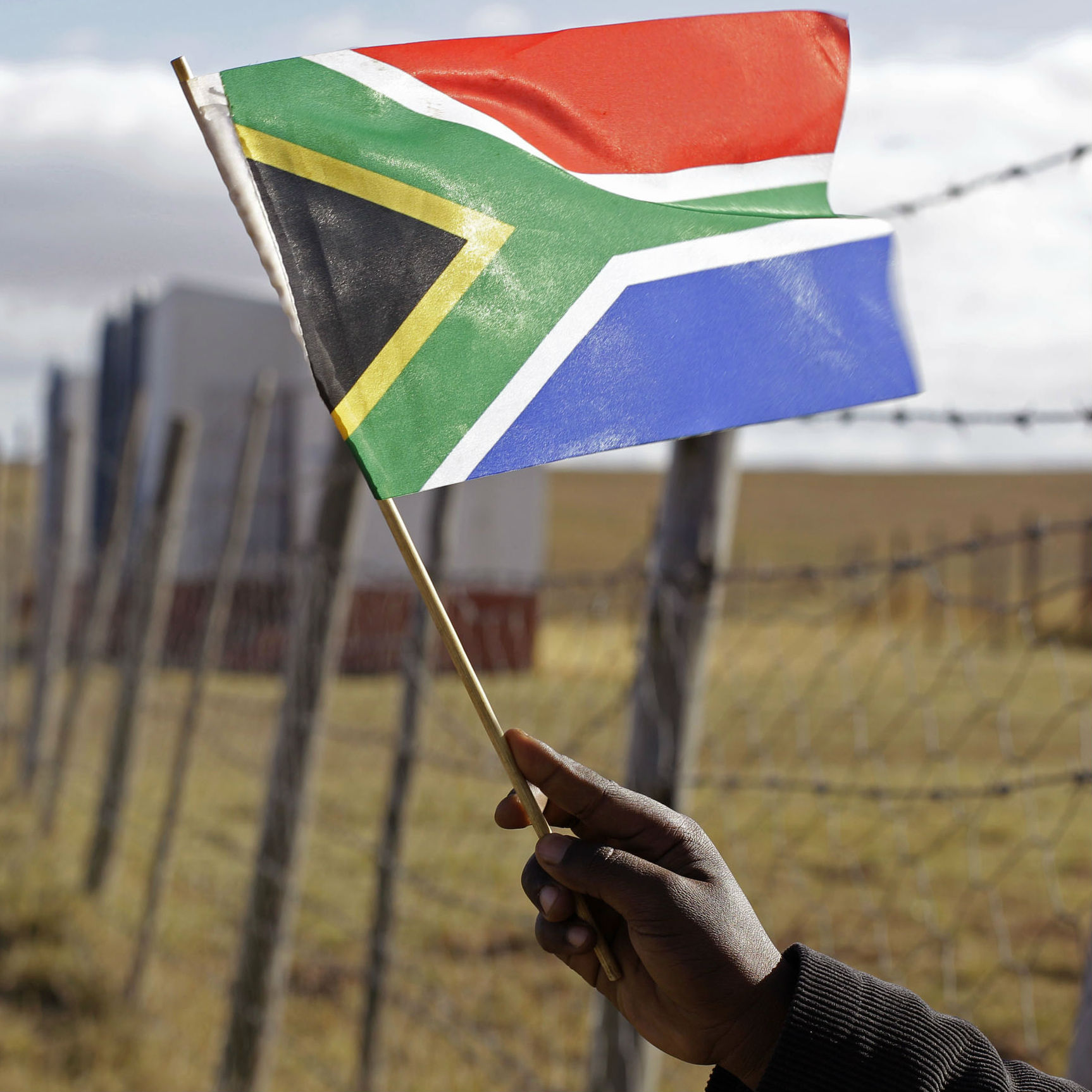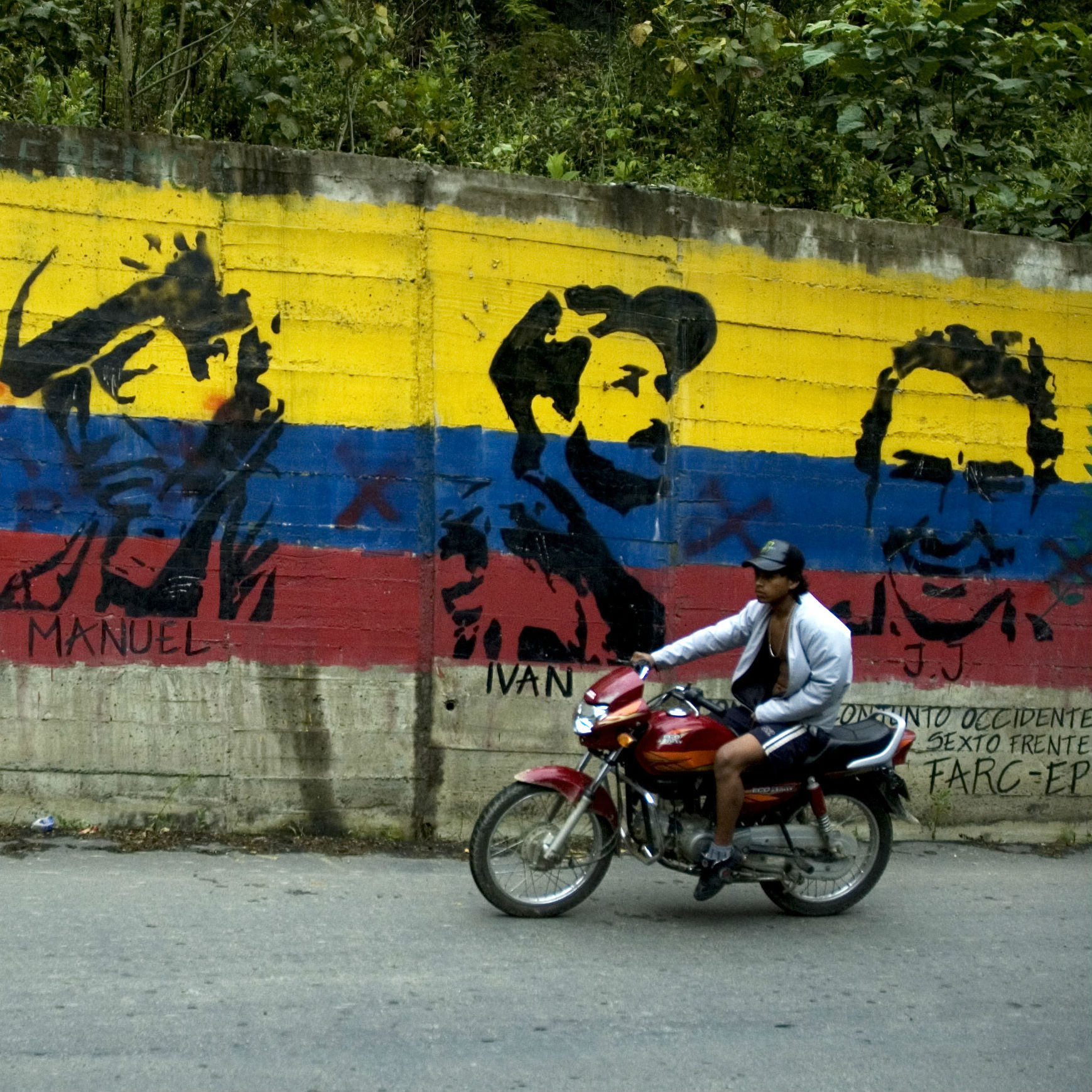Christian leaders continue to be threatened, forcibly displaced and subjected to extortion by guerrilla groups despite peace talks between the Colombian Government and the Revolutionary Armed Forces of Colombia–Army of the People (FARC-EP), says a new report.
The report, produced by advocacy and human rights organisation, Christian Solidarity Worldwide, is comprised of evidence given by church leaders from five areas where there is a strong presence of armed groups.
Peace talks between the Colombian Government and the main rebel opposition group, the FARC-EP, are expected to end a five-decades-long conflict that has seen atrocities committed by both sides and 220,000 lives lost.
Christian leaders, some of whom have been forcibly displaced, have said that severe restrictions on freedom of religion or belief imposed by left-leaning guerrilla groups including the FARC-EP and the National Liberation Army remain in place and that they expect to see little improvement in their situation, whether or not the peace agreement is signed.
Criminal groups heavily involved in drug trafficking, such as the Urabeños, also continue to threaten church leaders who refuse to cooperate with them and target churches for extortion. A number of church leaders reported having received threats from guerrillas and paramilitary groups.
Young people, including Christians, continue to be forced into illegal armed groups or the military, even when they declare themselves conscientious objectors based on their faith, says the report. Christian converts attempting to leave illegal armed groups are forced into hiding or killed.
Mervyn Thomas, Chief Executive of Christian Solidarity Worldwide, said: "While CSW welcomes the steps both the Government of Colombia and FARC-EP have taken towards the peace agreement, which is due to be signed later this month, we remain deeply concerned at the situation on the ground in many parts of the country.
"These areas are essentially run by violent illegal armed groups, all of which restrict religious freedom and actively target church leaders.
“We call on the government of Colombia to take urgent steps to protect civilians and uphold the rule of law in areas of the country where the FARC-EP has until now maintained a strong presence, and we call on the international community to support them in these efforts. To do this, the Government of Colombia must take strong action to address persistent evidence of corruption and collusion with illegal armed groups by regional and local authorities.”
The government and the FARC-EP are expected to sign a historic peace accord on 23 March. Visiting Havana last September, Pope Francis made a special appeal for peace in Colombia, and President Juan Manuel Santos and FARC-EP leader Rodrigo Londono announced they would sign a definitive peace agreement within six months.
“May the bloodshed by thousands of innocent people during long decades of armed conflict ... sustain all the efforts being made, including those on this beautiful island, to achieve definitive reconciliation,” the Pope said at the end of Mass in Havana’s Revolution Square.
“Thus may the long night of pain and violence, with the support of all Colombians, become an unending day of concord, justice, fraternity and love... so that there may be lasting peace.”




 Loading ...
Loading ...